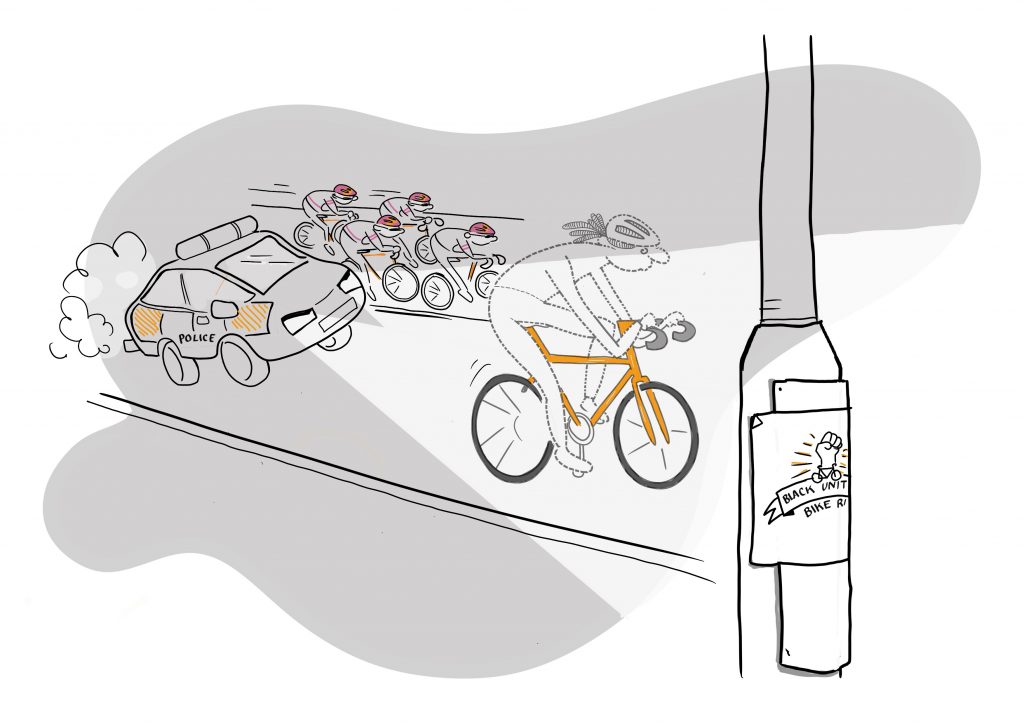Barriers to Black men cycling in London
by Akwesi Osei
During the various lockdowns in London, I like many others decided to take up cycling as an activity and transport mode to avoid public transport. However, I began to realise that maybe not everyone was cycling as I thought. Whilst the number of cyclists has increased I was doubtful if the diversity of cyclists had also increased. I realised there was a significant lack of research on the diversity of London’s cyclists, especially Black men. It is important that there is data that captures the factors of why Black men may or may not cycle.

This research, funded by the Active Travel Academy, included 10 interviews and a focus group. All participants were Black men from London with various propensities to cycling.
They were asked questions about their experiences whilst cycling and the barriers they may face as Black men. Participants were also invited to explore policy recommendations and other solutions to address the issues raised.
The findings revealed that status, class and affordability played a part in the experiences of Black male cyclists in London. Stop and search was also raised by many participants as a significant problem. Feelings of being invisible in an activity dominated by white men whilst also feeling very visible and more susceptible to racist behaviour were common themes displayed by participants. Cycling infrastructure was said to vary greatly across London, yet some participants claim that many areas with high Black populations may have poor cycling infrastructure.
Evidently, more research is needed into this topic. This research should be seen as a starting point and a call for greater investigation into the matters raised. Many themes were explored throughout the research and a greater understanding would be possible with a larger sample size. Nevertheless, the findings provide a platform for policy recommendations and interventions to be created that seek to increase the propensity to cycling for Black men in London.
Find out more: watch Rachel and Akwesi’s presentation to the British Sociological Association in April 2022 on our Vimeo channel.